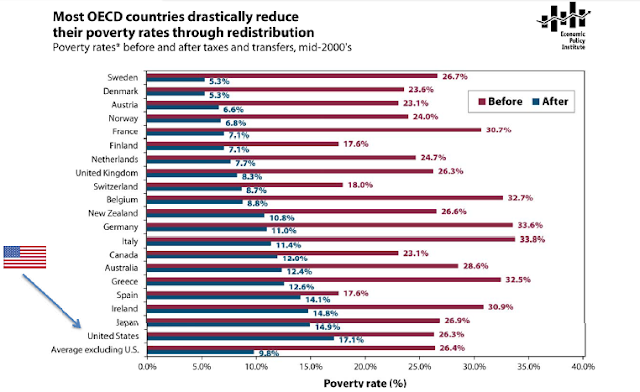At a seminar about “The Cost of Culture“ this afternoon Nicholas Hytner, the theatre director (and former Director of the National Theatre), quoted John O’Gaunt’s famous speech in Shakespeare’s Richard II — the one beloved of Brexit enthusiasts:
This royal throne of kings, this scepter’d isle,
This earth of majesty, this seat of Mars,
This other Eden, demi-paradise,
This fortress built by Nature for herself
Against infection and the hand of war,
This happy breed of men, this little world,
This precious stone set in the silver sea,
Which serves it in the office of a wall,
Or as a moat defensive to a house,
Against the envy of less happier lands,
This blessed plot, this earth, this realm, this England.
Then Hytner paused, before reminding the audience of how the speech ends:
That England, that was wont to conquer others,
Hath made a shameful conquest of itself.
Given that he was talking to an audience comprised (I’d guess) largely of Remainers— and that Brexit seems to be largely an expression of English nationalism — this went down rather well.

